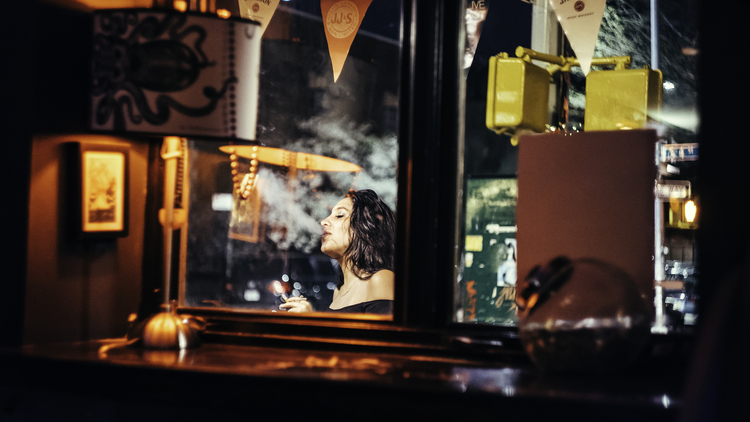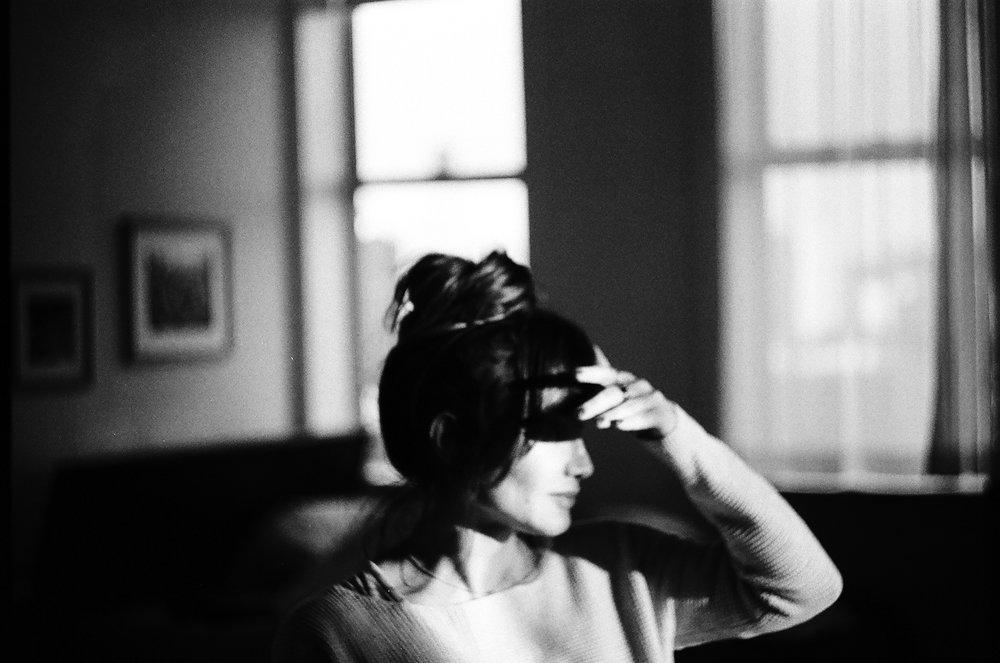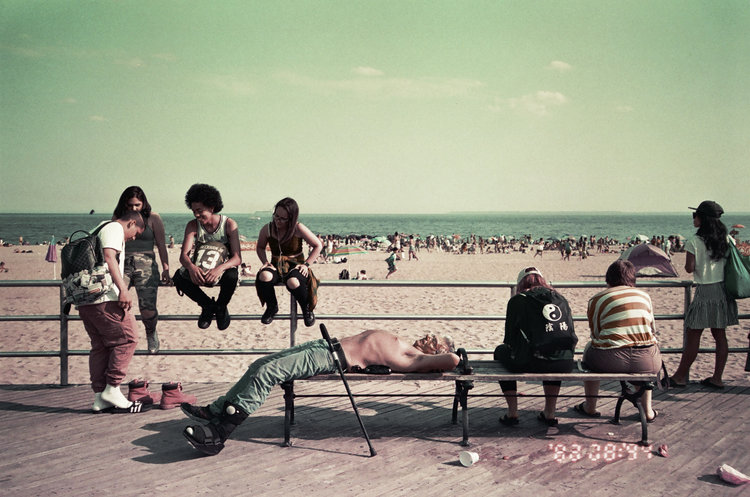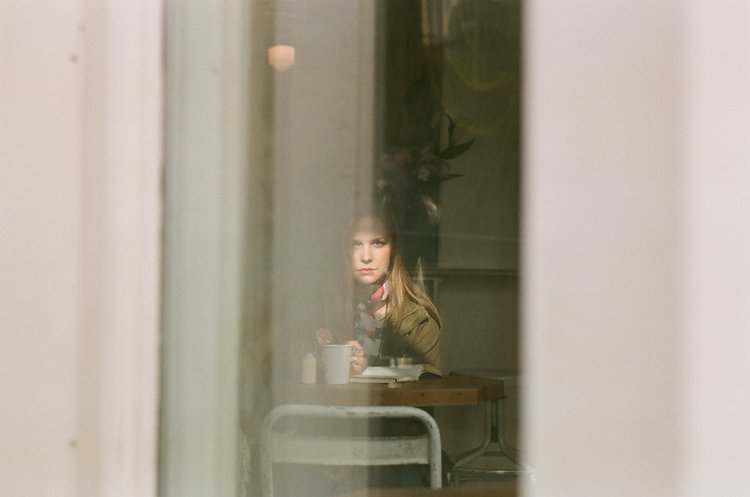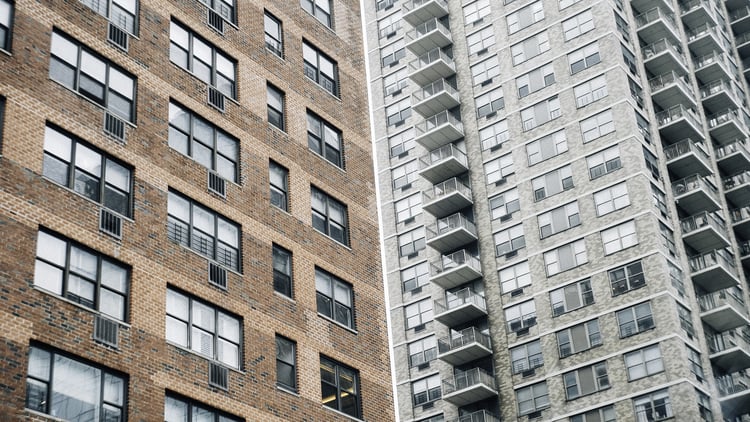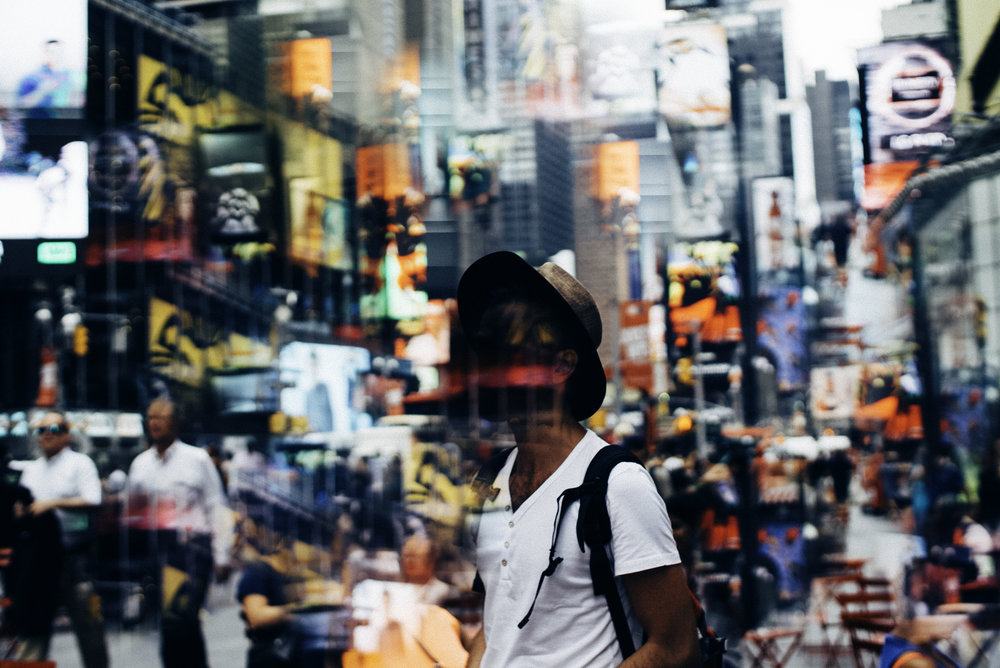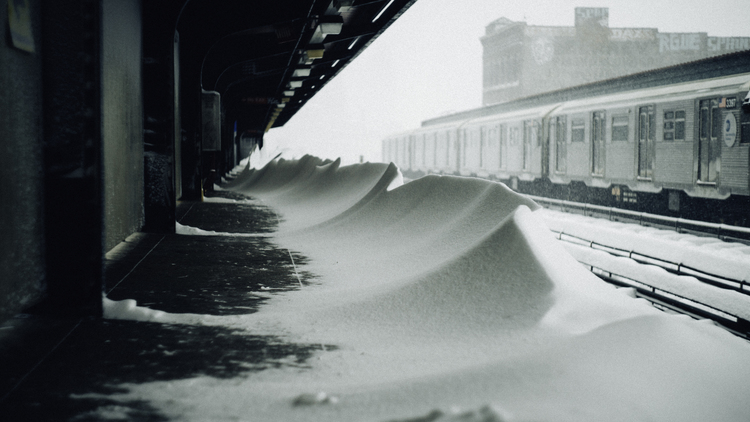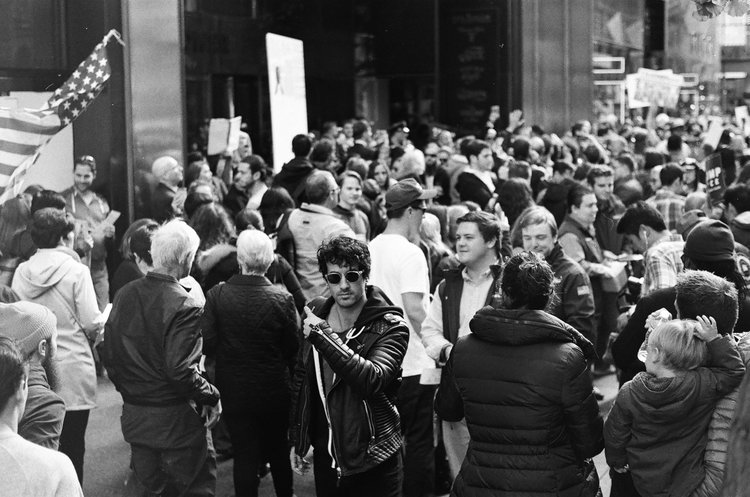The Photography of Karim Kassem
Karim is one of those rare polymaths – a writer and director and cinematographer and photographer – whose myriad works remain connected through a singular perspective. For Karim, it is this magical realism that is uniquely global.
Below he speaks a little about his photography and shares some of his work.
What was the impetus for moving to New York?
It's quite funny actually, I never really planned to end up in New York. I was supposedly moving to Berlin after traveling around the world in attempt to figure out where to settle and accidentally ended up here after getting on half a dozen film sets via Facebook and recommendations. I never thought I'd live here but I am quite glad things didn't go as intended. Sporadically, surprises like that can be way more compelling and can refine ones life drastically and leave you forever questioning whether it was for the better or not.
You had such a unique experience in your first five months here - hopping between so many apartments. How did this affect your view of the city? Does that affect the way you view the city as a photographer?
I'm sure every person’s first five months in New York could be absolutely bizarre, and perhaps they should be. I lived in 24 apartments in my first five months for $0, and didn't know anyone at all. It certainly aided me in understanding the complexity and vast cultural blocks that exist in the city. I went through some strange times, allowing myself to struggle on purpose and nearly sleeping on the streets. I actually managed to find a place every night for those five months, and it slightly irked me. Deep down, I did want to end up stranded and sleeping on the subway for at least one night. Then again, it was absolutely freezing.
My views were unquestionably affected and my reality twisted. I actually have a condition with my eyes where they burn nearly everyday and I end up in pain and having to shut them for minutes. Later in my life, I've attempted to use that to my advantage because the brain is completely isolated in darkness all its life and can begin to form images of what the eyes have "seen" in the past. We never really see everything when we cross a street, look at a painting or a photo. However, when told to focus on those things, we actually end up seeing them. But who knows?
The most beautiful thing we will never comprehend is our subconscious and that's what I really try to delve deep into and aspire to project through a viewfinder. A city is a city, buildings are buildings, trees are trees. It pretty much comes down to what we want to frame and compose in our shots as filmmakers or photographers. Light and shadow will forever be a paradox in our minds. Take a prism, and look through it. It will take some time to really adjust to that reality.
So many of your photos have a magical quality - as does your writing and filmmaking. What drew you to this style of storytelling?
I am forever interested in the brain and I truly think if you're locked up in a room for 30 days, you will begin to make things up and actually push your senses to another level. I read a lot of magic realism from Latin America and have a big interest in Japanese, Iranian and Swedish cinema. I think a style changes over time. However, at this point in my life I am attempting to experiment with what's real and what's not. I never really know what I'm doing sometimes; I just do it and find out how I feel after doing it - if that makes sense.
How do you feel like your experiences internationally have affected your perspective and voice as an artist?
I truly think traveling and coming across different types of cultures, dances, music and landscapes is vital for one's soul. Having a camera or two and experimenting at all times felt necessary; there's always a story to be told around the corner. A perspective is constantly changing, like a bubble blowing machine launching hundreds of bubbles at once and every single one going in a random direction and disappearing into thin air.
That's how I feel sometimes about perspective and emotion: each a bubble traveling at its own leisure, wanting its own path. My voice is just one voice amongst millions of artists, and some people are truly artists - even in a biology lab studying cells except they're 'labeled' as something else. A professor of mine in college once asked me, “Why do you never answer the questions on the exam?” I said, “well that's just my perspective.” Is it wrong?
Could you tell the story behind one of your photographs?
I made a series of photographs back in 2015 called the "Dead Series" where friends of mine just staged dead on the streets of Beirut for minutes while I photographed them from afar to pick up reactions. People are just left behind. Humans have become dispensable nowadays, so you kind of have to look for them. The refugee crisis may have directly and indirectly affected this notion.


